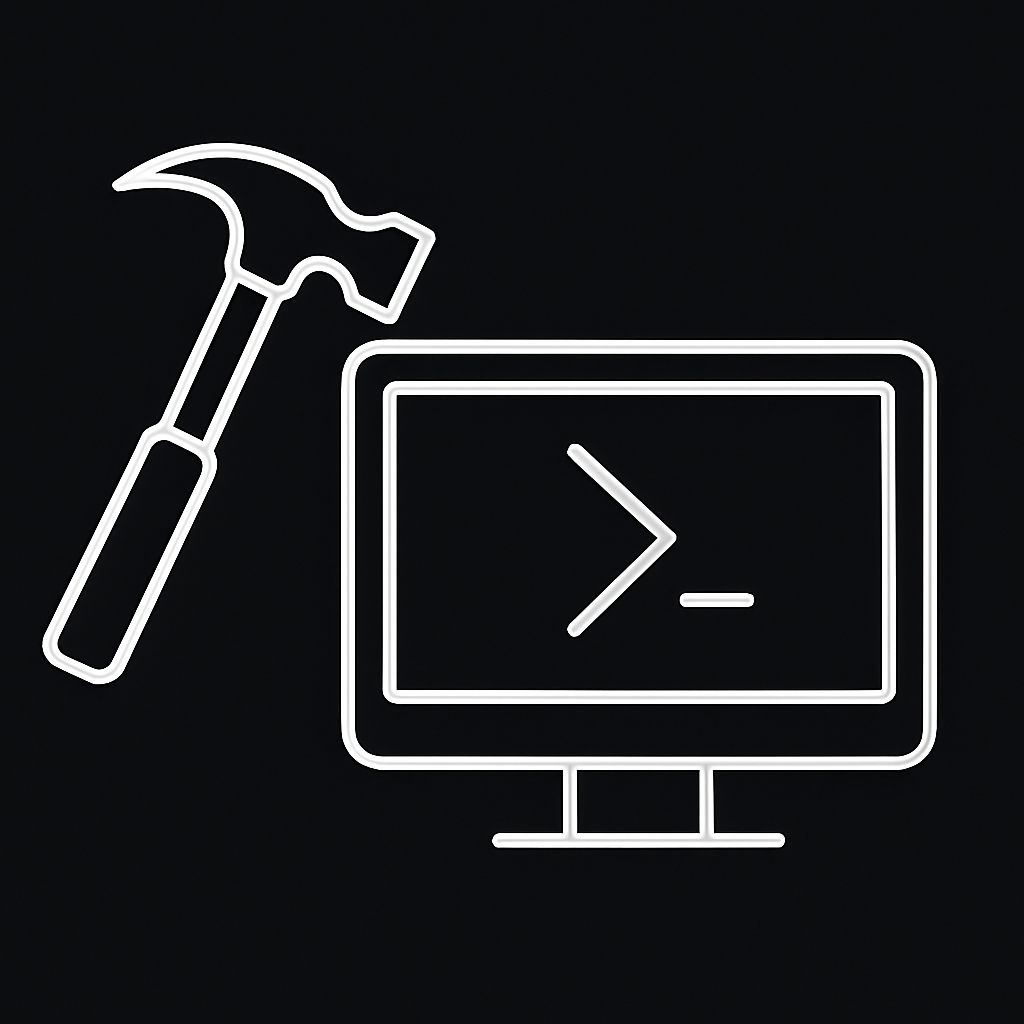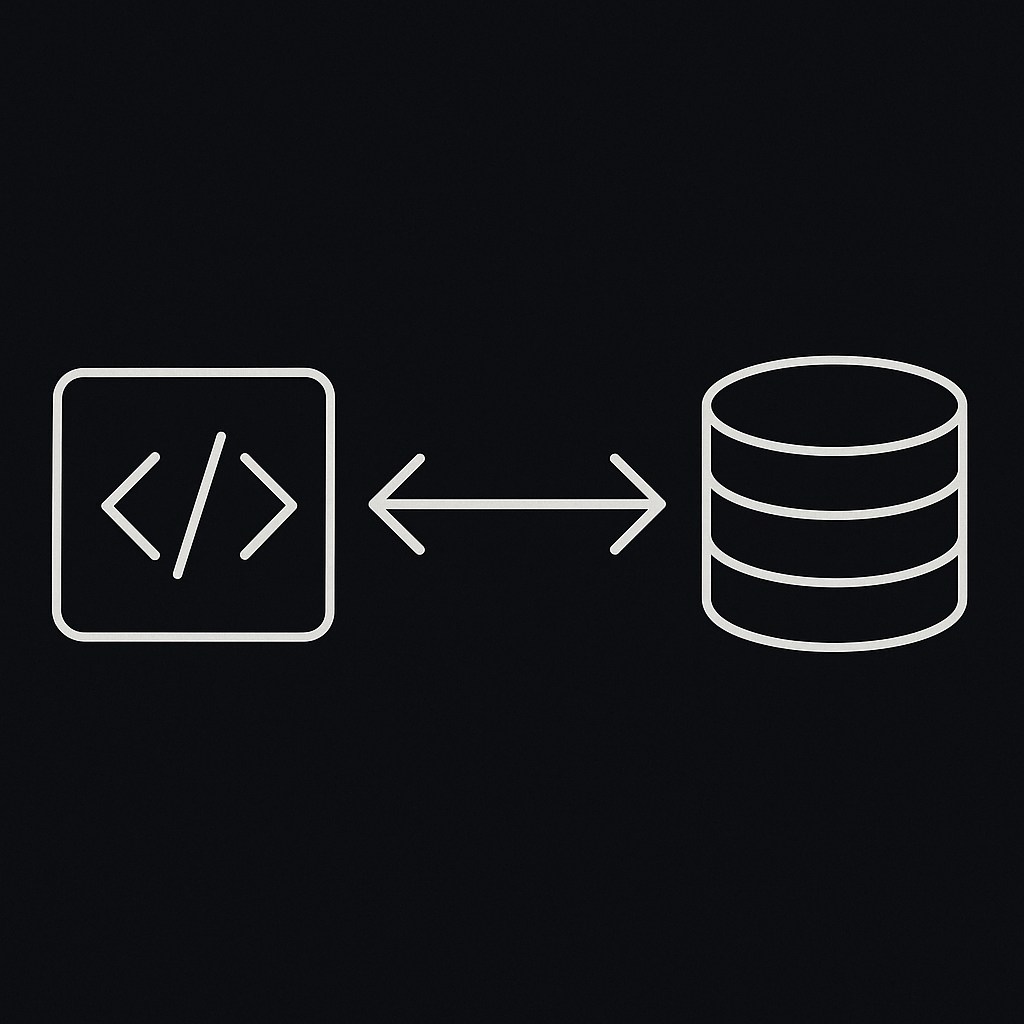Computer Science Principles
Framework for Sprints
Agile Project Workflow
This sprint-based approach guides students through the process of researching, designing, building, and refining a product. Each phase builds on the previous one, combining technical development with collaboration and reflection.
Phase 1: Discover & Design
- Empathy Interviews
- Define POV & HMW Prompts
- Create Kanban Board
- Low-Fi Prototypes
User-Centered Design
Start by understanding your users. Conduct empathy research, define your Point of View (POV), and frame 'How Might We' (HMW) questions. Organize ideas visually with PinUps, build your Kanban board, and prototype using tools like Canva or draw.io.
Phase 2: Build & Develop
- Implement GitHub Pages or APIs
- Link VSCode & GitHub
- Test Features Early
- Cohort Scrum Standups
From Ideas to Code
Translate prototypes into real features using GitHub, VSCode, and endpoint testing tools. Scrum Masters lead daily standups to sync teams, identify blockers, and promote node-to-node collaboration.
Phase 3: Integrate & Extend
- Merge frontend & backend
- Track progress with Burndown Charts
- Submit Pull Requests
- Collaborate on Issues
Team Integration
Combine everyone’s work into a unified product. Use GitHub Issues, Pull Requests, and Burndown Charts to manage discoveries and new tasks. Teams collaborate tightly to integrate systems and prepare for final testing.
Phase 4: Test, Refine & Demo
- Conduct User Testing
- Rubric-Based Review
- Feature Demo Presentation
- Sprint Retrospective
Polish and Present
Test features with peers and reflect on how well they address user needs. Self-assess using the rubric, demo your product for feedback, and run retrospectives to gather lessons for the next sprint. Schedule 1:1 teacher check-ins for personalized growth.
Why Sprints Matter
Sprints are the engine of modern project development. They break big goals into focused, manageable steps, helping teams stay organized, deliver faster, and adapt quickly to feedback. By working in weekly sprints, you’ll learn how real-world developers plan, build, and refine software: one step at a time.




